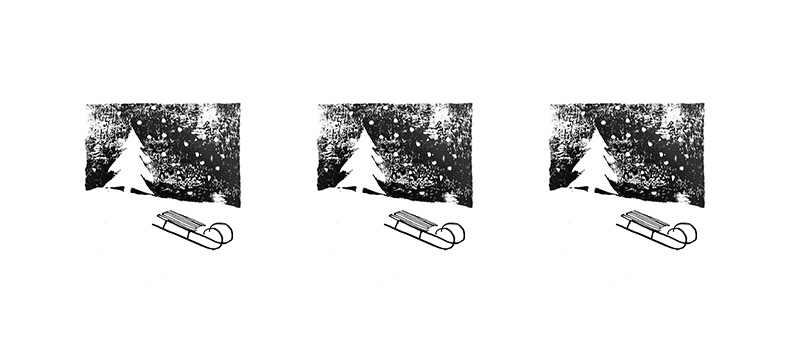It is said that there’s a cold winter ahead, but how do meteorologists know that? The year 2021 broke one heat record after another, even in December. Gloves and woolly hats stayed in the wardrobe and there was no sign of a white Christmas. And yet cold weather is coming, according to meteorologists’ forecasts. The weather website Weer.nl says we can expect a harsh winter this year, possibly on a par with that of 1963, the coldest ever. What do meteorologists base their forecast of a horrific winter on?
‘Air circulates around the earth on a large scale,’ says Jordi Vilà, professor of Meteorology and Air Quality. Warm, moist air rises from the surface of the ocean around the equator and moves through the atmosphere towards the polar regions. That movement distributes the heat around our planet, determining the weather in each season. ‘When meteorologists make a seasonal forecast for the winter, the atmospheric circulation, as it is called, is a key factor,’ says Vilà. The weather phenomenon known as La Niña, which was observed at the end of last year, can disrupt that circulation. During La Niña, cold seawater from the depths of the ocean comes to the surface and warm water is pushed westward. This creates a cold current in the Pacific Ocean near Peru, and warm air rises in unusual places. ‘That disturbs the atmospheric circulation, which could cause Europe to get colder weather,’ explains Vilà.
For now the temperature will not be very different to the average for this time of year
Jordi Vilà, professor of Meteorology and Air Quality
‘Meteorologists use the same computer models for their seasonal forecasts as the weather presenters on TV use for short-term forecasting,’ he adds. The difference is that in the short-term forecast (up to seven days ahead), observations of the past few days can be used to make the forecasts more reliable, and that’s not possible with the seasonal forecasts. Vilà: ‘That makes these kinds of forecasts difficult and uncertain.’ Personally the professor doesn’t think we’re going to get an extreme winter, and certainly not in the coming month. ‘There is currently a high-pressure area over the Atlantic Ocean.’ For really wintry temperatures, you need a cold front coming from the east, such as a high pressure area over Russia. ‘The recent prognosis also suggests that for now the temperature will not be very different to the average for this time of year, which is around zero degrees,’ says Vilà. So skaters don’t need to start sharpening their blades: there is no guarantee of a big freeze and loads of fun on ice.
Every day we are bombarded with sometimes contradictory information. So what are the facts of the matter? In this feature, a scientist answers your burning questions. Asking questions makes you wiser. Do you dare ask yours? Email us at redactie@resource.nl.

 Illustration: Marly Hendricks
Illustration: Marly Hendricks 

